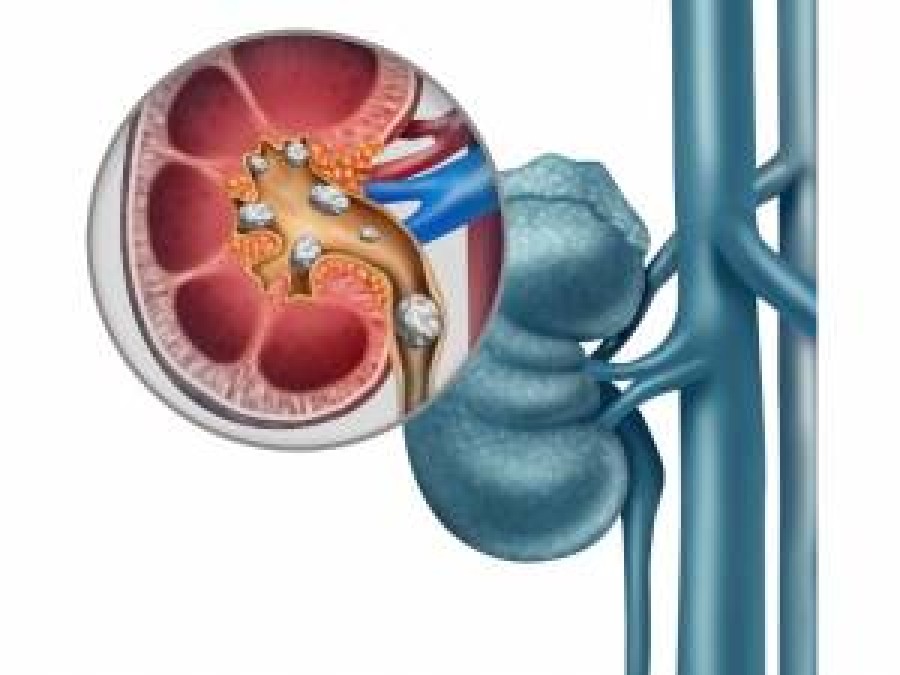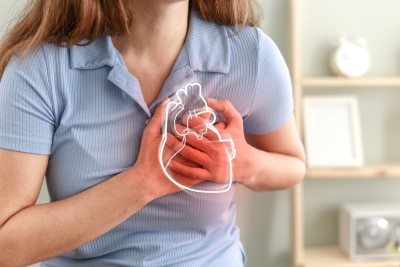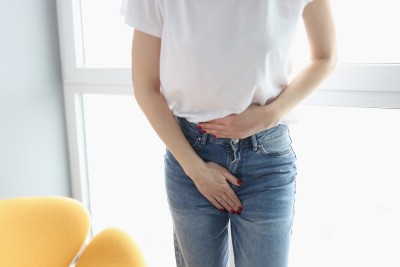Free shipping for orders over 39.00€
Everything you need to know about kidney stones and how to treat them!

Kidney stones are a very common ailment, which mainly concerns men. It is one of the most common disorders of the urinary system that can develop into a painful urological condition.
Stones are masses of crystals formed inside the urine and differentiated according to their composition. The most common type of stone contains calcium. A patient’s condition is also defined by the location of the stone (nephrolithiasis when the stone is localized in the kidneys, urolithiasis if the stone is localized in the ureters). Kidney stones are a common condition that becomes painful enough for the patient if the size is so large, that provokes acute pain or hematuria.
What are the symptoms?
Kidney stone will not cause symptoms, except when it moves inside the kidney or passes into the ureters. When that happens, it blocks the flow of urine, causing contractions in the ureter, which can be very painful.
- Severe pain in the side and back, under the ribs.
- Pain in the lower abdomen and groin.
- Fluctuating pain and with increasing intensity.
- Pain or burning when urinating.
- Pink, red, or brown urine.
- Cloudy urine or with a bad smell.
- A constant feeling that there is a need to urinate, urinating small amounts.
- Nausea and vomiting.
- Fever and chills (in case of urinary tract infection).

When crystals are small, they travel through the urinary tract and are excreted from the body through urination, without being perceived. In fact, because there are no symptoms, most often they are perceived as accidental findings, after an ultrasound or an X-ray.
Things change when the stone is big, and it is prevented from passing through the urinary tract. If the stone moves to a different location inside the urinary tract, the pain shifts or increases in intensity.
Why can I develop a kidney stone?
There are several factors that can increase the risk of kidney stones:
➡️Family history: it is very likely that, if someone in the family had kidney stones, you will also develop the same problem.
➡️Dehydration: water does not allow the formation of kidney stones. If you do not drink enough water per day, then you are at increased risk of developing a kidney stone. There is a great danger for those who are dehydrated due to intense sweating.
➡️The diet: proteins, salt, and sugar are not allied against kidney stones – on the contrary! A diet with a high content of the above increases the risk of kidney stones.
➡️Obesity: weight gain and a high body mass index have been linked to an increased risk of developing a kidney stone.
➡️Various diseases of the digestive system: changes in the digestive process, affect the absorption of calcium and water and increase the amounts of stone-forming substances.
➡️Dietary supplements and medications: certain formulations (such as vitamin C, laxatives, calcium-based antacids) or medications for migraines or depression, can increase the risk of developing a kidney stone.
How are kidney stones diagnosed?
A simple X-ray or ultrasound can be used to diagnose kidney stone.
How to deal with kidney stones?
As mentioned earlier, kidney stones are usually excreted from the body through the urine. When that is not the case, we need to identify the problem and manage it according to the type, severity, and frequency of occurrence of the stones. This can be done conservatively, through dietary supplements and changing our habits and lifestyle. In more difficult cases, we will resort -always with medical guidance- to some intervention, such as lithotripsy.
In any case, however – and regardless of the type of stone – experts recommend abundant fluid intake (more than 2-3 liters per day) with the simultaneous reduction of salt consumption. The type of stone, as will be obtained from the tests, will also determine the specific nutritional conditions that each patient must form. Furthermore, the patient must take care to obtain healthy body weight.
Also, there are some nutritional supplements, which facilitate the patient in managing the problem.
☑️Magnesium citrate-potassium citrate
These are two complexes that restore citrate levels and contribute to the alkalinization of urine. They help prevent the formation and treatment of calcium stones, while facilitating their solubility and elimination.
☑️L-Methionine:
It is an amino acid that is proposed for the treatment of inflammatory stones as well as calcium phosphate stones. Methionine helps reduce the acidity of urine, increases solubility and elimination of complexes, and prevents the occurrence of relapses.
☑️Birch and nettle herbs
These are herbs with diuretic, anti-inflammatory and antiseptic action that facilitate the removal of stones from the urinary tract, and contribute to the prevention of stones and infections.
Click here to see the supplements for kidney stones






